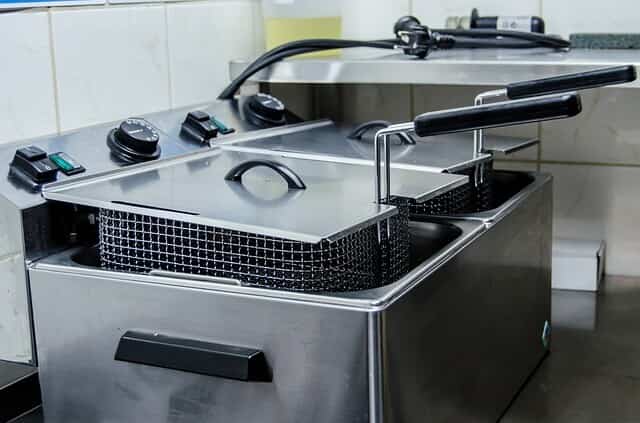
Grease Traps: What You Should Know
March 30, 2018
If your business is part of Seattle’s amazing culinary scene, it’s important to understand the role of grease traps in commercial kitchens. Fortunately, Best Plumbing Seattle is here to explain everything you need to know. The large amount of fat, oil, and grease (often called “FOG”) generated by restaurants can clog drains and wastewater systems. For this reason, local government requires that commercial kitchens install grease traps — also called grease interceptors. Located between the business’ drain and the main sewer line, the traps filter out FOG for easy collection and disposal. This helps prevent problematic levels of FOG from reaching the municipal wastewater system.
How Does a Grease Trap Work?
Grease traps intercept and filters out the FOG while allowing the remaining water to pass through to the wastewater system. They work by slowing the movement of (and thereby cooling) the water in the drain. Water and FOG do not mix, so as both begin to cool, the FOG coagulates on the water’s surface where it is easier to skim off and remove.
Maintaining Your Grease Traps
You can be fined if your grease traps are not working correctly. This generally happens when FOG build up in the traps over time, decreasing their effectiveness. One preventative step your business can take is instructing employees to throw away fat, oil, and grease into the garbage instead of washing it down the drain. You can also schedule a regular cleaning for your grease traps to remove build up before it becomes a problem
Best Plumbing Seattle offers a variety of services to ensure your grease traps function properly and meet government guidelines. In addition to grease traps, we provide regularly scheduled plumbing maintenance and repairs. Whether you are a new or long-time commercial food establishment, our expert team can help you manage your plumbing needs. Visit our website to learn more about our plumbing services or call us at (206) 785-2360!
